
Standing and sharing together
“This is a very tough time for our industry and none of us can effectively stand alone. If we keep honest communication lines open and share what works, we all benefit. That also means when corporations take the lead on social issues or marketing or menus, we need to listen. It doesn't mean we do exactly the same things they do. But they have the resources to have their finger on the pulse of the public. They often think further ahead than we do at the unit level so why not pay attention to their direction? That's one of the great things about our industry: we share. With each other and with the customer. In ways that many others don't. I’m proud to be part of it.”

© Taste Bar
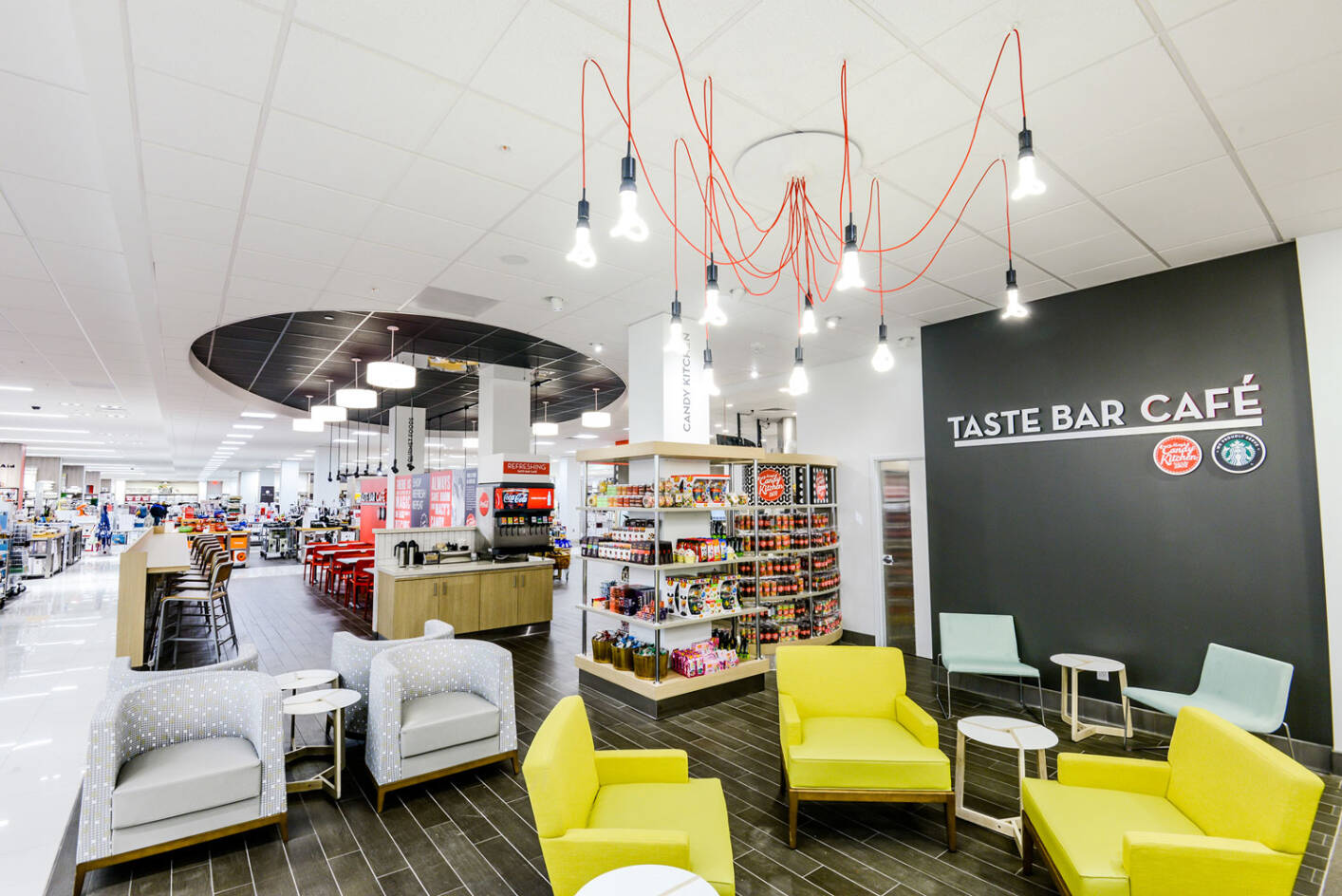
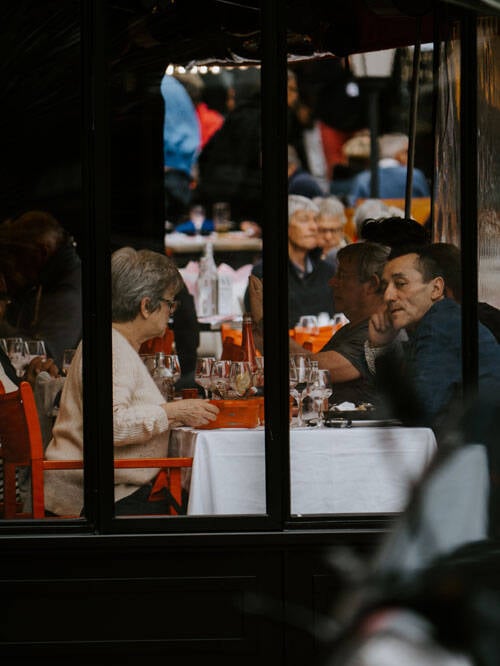
Getting the consumer on board
“We have to get consumers on board with these efforts to change through education. Sharing more on the menus to explain why we are taking the steps we are taking and taking the time to interact with them while they are dining with us is key to getting their commitment. It's been interesting how many customers have said they are willing to do more to keep their local restaurant in business. They know how important this industry is to the fabric of the local communities. But we have to deliver outstanding food and service or there will be no partnership.
Winning over the customer is going to take time. Chefs have a role in this. Often chefs are the most visible brand ambassadors we have so getting them out interacting with customers is key to explaining why they are writing the menus they are, why they source from certain farmers and why a favorite menu item was perhaps dropped or exchanged for the season. Customers love to say they know the chef so we need to make them a point person in our next evolution.”
“If we keep honest communication lines open and share what works, we all benefit”
Big shifts
“I think long-term the hospitality industry fundamentally shifts in three ways: leaner menus that require less prep work and staffing, a more diversified approach to capturing sales (curbside, delivery, online ordering and pick-up, more local sourcing), and adapting to an emphasis on cleanliness and safety that is visible to the customer.”
“All of these shifts require fresh approaches to both the business model and to the hospitality we deliver. If cleanliness, speed and quality are what the consumer demands, we have to think about the tangible ways we are updating and reworking all aspects of the industry that connect with the customer. Everything from our websites to the entry, and greeting to the packaging, is involved in this process to create a memorable experience.”
“If we want to rethink the hospitality industry, we have to begin with some big questions. How do we make this industry one where more people can continue to make a living and build a future? And how do we reduce the waste we produce, both in the kitchen and in our materials, particularly packaging? These issues are already being addressed by companies big and small and the commitment is admirable, but the industry is in such flux right now that we can make some of these shifts with the support of our customer more quickly.”
“I don't have an answer for how the millions who work in hospitality can all make ends meet, but I will say the idea of sharing the revenue (including tips) more equitably across all the work groups may be one answer. In addition, the staff can no longer be treated as disposable. There simply aren't enough candidates for the available jobs so we can't discard those who don't show up. The question then is how do we engage more of our staff with better working conditions, benefits and opportunity for growth? This is hard work but essential if we are to survive at our current levels.”
“Regarding waste reduction, I think mandating a more cadenced approach to reaching sustainability goals is a good idea at both the unit and corporate level. Some of the big players coming on board with reducing plastics and increasing biodegradables is a big first step. For instance, when a company like Starbucks eases out of straws with an innovative sipping lid, it sends a signal to all of us that it can be done.”
© Lake Shore Grill
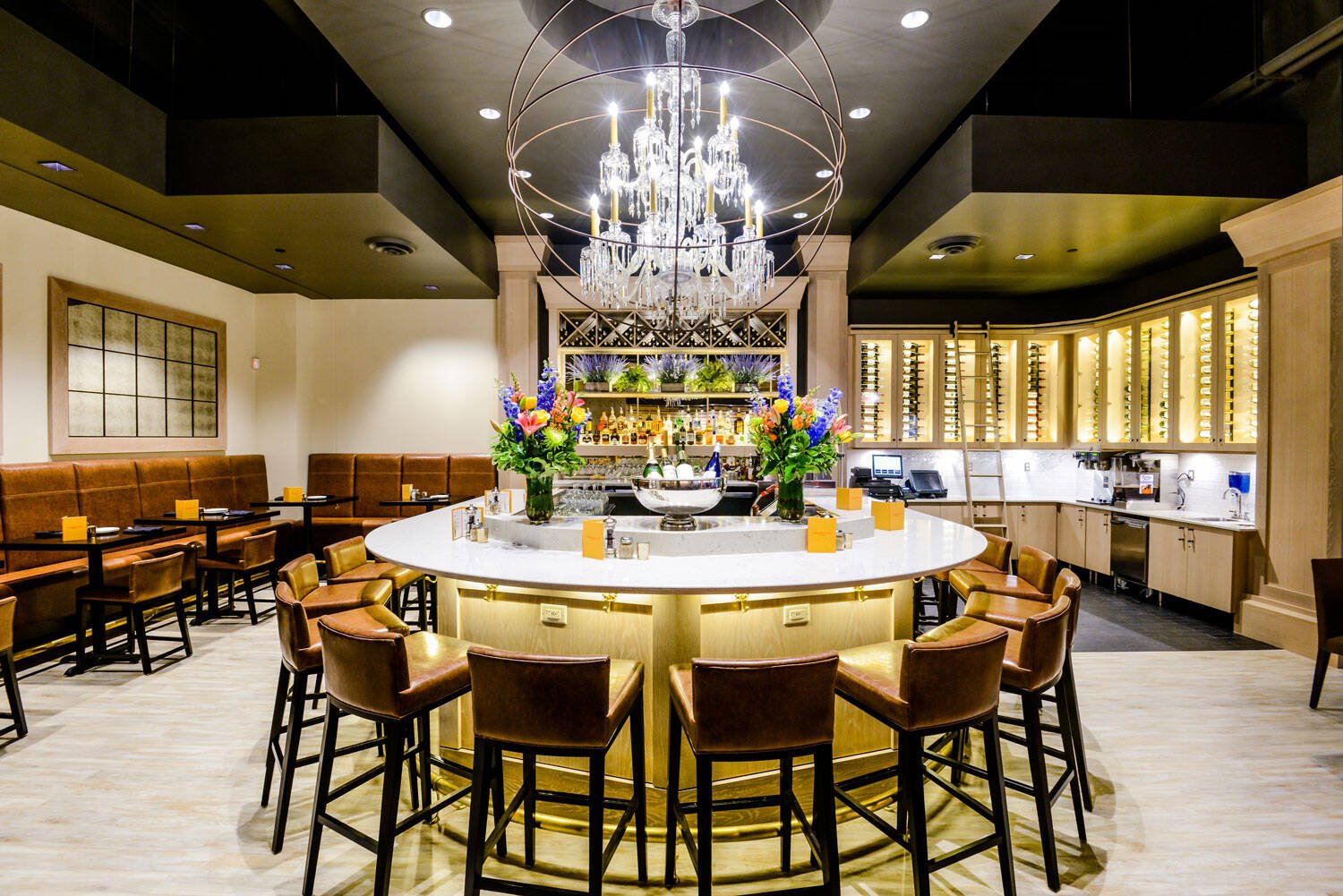
COVID-19 is foodservice kryptonite
“The biggest change for the hospitality industry that we are seeing as a result of the coronavirus is how vulnerable our business models are when there is a catastrophic drop in traffic. With margins being so thin and investment costs so high, there is no room for such an unexpected business stoppage. Without cash coming in the door, many independent operators simply don't have deep enough pockets to withstand a long term disruption and that's why we will see so many vanish in 2020 and 2021.”
“It's a seismic shake-up of the industry unlike anything seen before. One owner/operator described it as ‘finding our kryptonite’, referring to the mineral that weakens Superman. In this case, businesses that were humming along and making a modest profit suddenly went into freefall, and many won't return. This crisis really came out of nowhere and there is no easy solution to regaining our footing.”
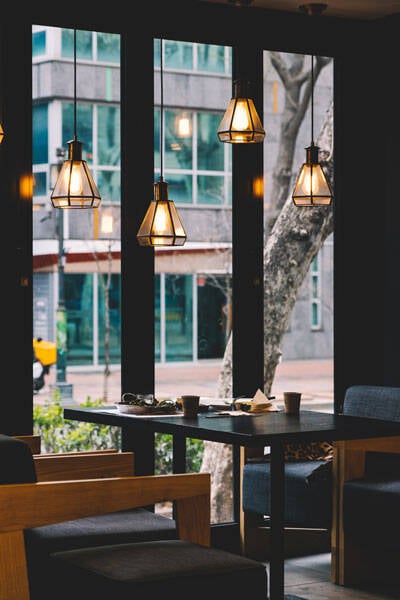
“How do we make this industry one where more people can continue to make a living and build a future?”
Jelle Steenbergen Xiao Er Kong
Warren Wolfe served as Group Vice President Foodservices at Macy’s for nearly twenty years. In April 2019 he started Wolfe Hospitality to help start-ups and other foodservice brands looking to grow in an industry still on its way up. In 2020 that industry looks very different. Food Inspiration asked him for his insights on the consequences of COVID-19, and the way forward for a struggling foodservice.
Growth consultant and foodservice expert Warren Wolfe weighs in on the consequences of COVID-19
Rethinking hospitality requires consumers to get on board
INTERVIEW
4 min
RETHINKING HOSPITALITY REQUIRES CONSUMERS TO GET ON BOARD
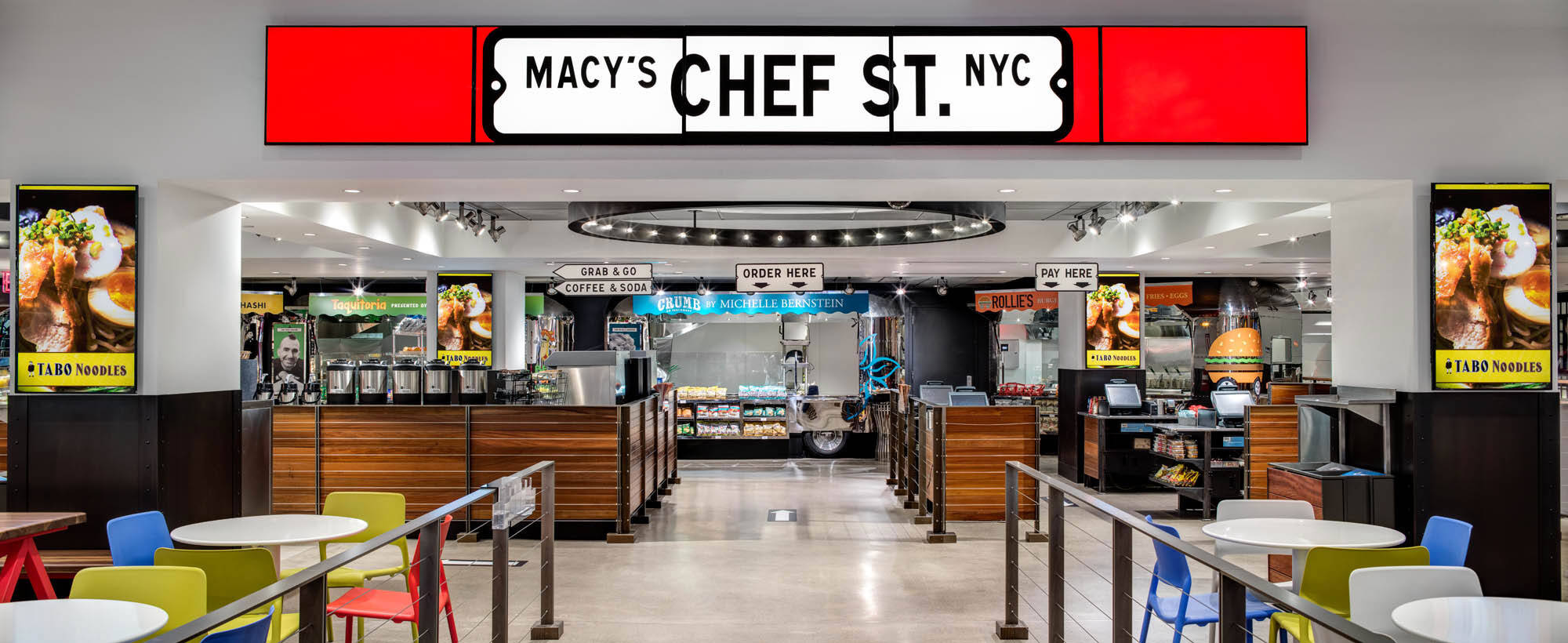

© Lake Shore Grill
© Taste Bar
Standing and sharing together
“This is a very tough time for our industry and none of us can effectively stand alone. If we keep honest communication lines open and share what works, we all benefit. That also means when corporations take the lead on social issues or marketing or menus, we need to listen. It doesn't mean we do exactly the same things they do. But they have the resources to have their finger on the pulse of the public. They often think further ahead than we do at the unit level so why not pay attention to their direction? That's one of the great things about our industry: we share. With each other and with the customer. In ways that many others don't. I’m proud to be part of it.”

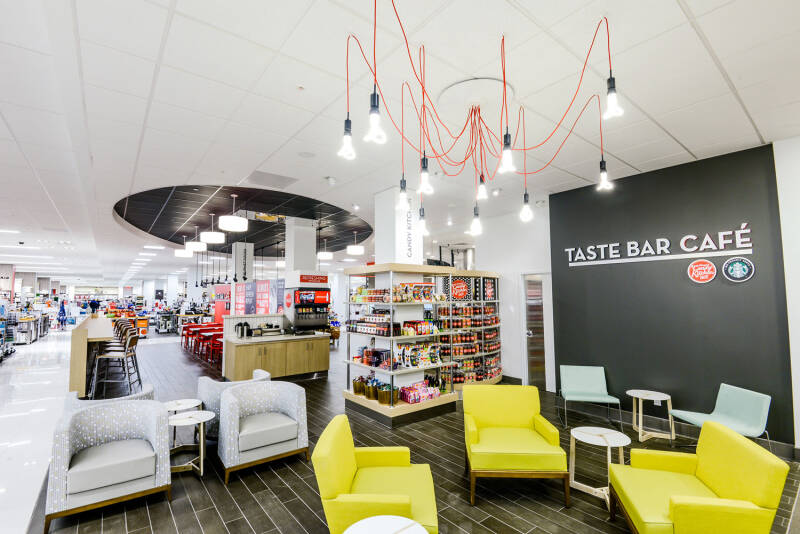
Getting the consumer on board
“We have to get consumers on board with these efforts to change through education. Sharing more on the menus to explain why we are taking the steps we are taking and taking the time to interact with them while they are dining with us is key to getting their commitment. It's been interesting how many customers have said they are willing to do more to keep their local restaurant in business. They know how important this industry is to the fabric of the local communities. But we have to deliver outstanding food and service or there will be no partnership.
Winning over the customer is going to take time. Chefs have a role in this. Often chefs are the most visible brand ambassadors we have so getting them out interacting with customers is key to explaining why they are writing the menus they are, why they source from certain farmers and why a favorite menu item was perhaps dropped or exchanged for the season. Customers love to say they know the chef so we need to make them a point person in our next evolution.”
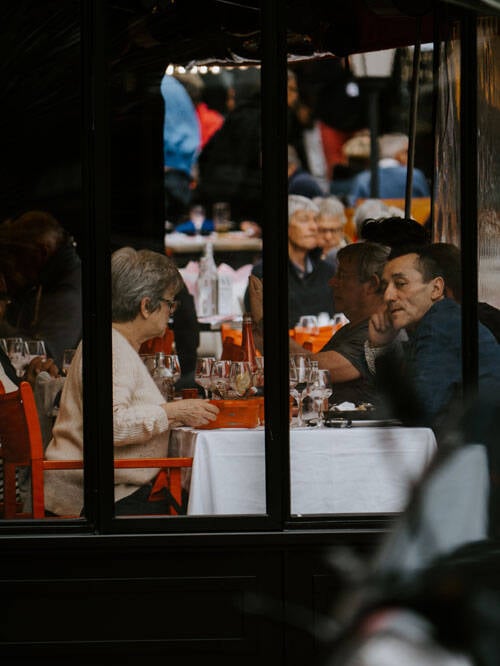
“If we keep honest communication lines open and share what works, we all benefit”
Big shifts
“I think long-term the hospitality industry fundamentally shifts in three ways: leaner menus that require less prep work and staffing, a more diversified approach to capturing sales (curbside, delivery, online ordering and pick-up, more local sourcing), and adapting to an emphasis on cleanliness and safety that is visible to the customer.”
“All of these shifts require fresh approaches to both the business model and to the hospitality we deliver. If cleanliness, speed and quality are what the consumer demands, we have to think about the tangible ways we are updating and reworking all aspects of the industry that connect with the customer. Everything from our websites to the entry, and greeting to the packaging, is involved in this process to create a memorable experience.”
“If we want to rethink the hospitality industry, we have to begin with some big questions. How do we make this industry one where more people can continue to make a living and build a future? And how do we reduce the waste we produce, both in the kitchen and in our materials, particularly packaging? These issues are already being addressed by companies big and small and the commitment is admirable, but the industry is in such flux right now that we can make some of these shifts with the support of our customer more quickly.”
“I don't have an answer for how the millions who work in hospitality can all make ends meet, but I will say the idea of sharing the revenue (including tips) more equitably across all the work groups may be one answer. In addition, the staff can no longer be treated as disposable. There simply aren't enough candidates for the available jobs so we can't discard those who don't show up. The question then is how do we engage more of our staff with better working conditions, benefits and opportunity for growth? This is hard work but essential if we are to survive at our current levels.”
“Regarding waste reduction, I think mandating a more cadenced approach to reaching sustainability goals is a good idea at both the unit and corporate level. Some of the big players coming on board with reducing plastics and increasing biodegradables is a big first step. For instance, when a company like Starbucks eases out of straws with an innovative sipping lid, it sends a signal to all of us that it can be done.”
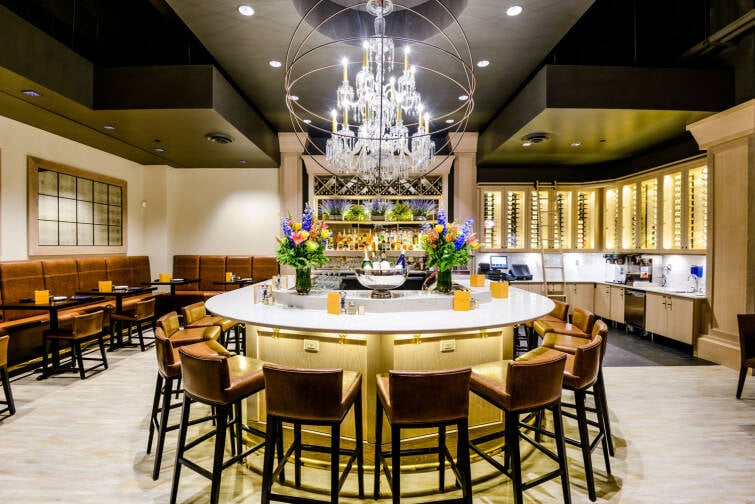
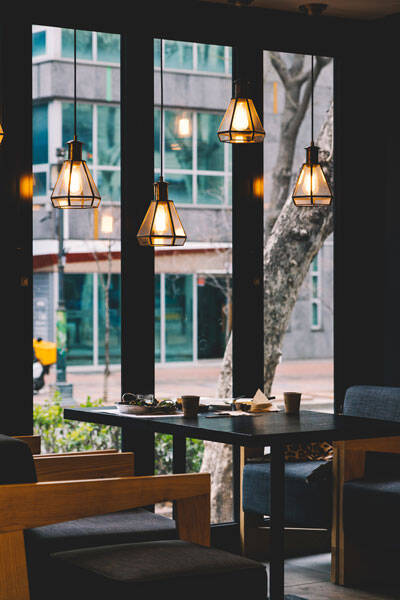
COVID-19 is foodservice kryptonite
“The biggest change for the hospitality industry that we are seeing as a result of the coronavirus is how vulnerable our business models are when there is a catastrophic drop in traffic. With margins being so thin and investment costs so high, there is no room for such an unexpected business stoppage. Without cash coming in the door, many independent operators simply don't have deep enough pockets to withstand a long term disruption and that's why we will see so many vanish in 2020 and 2021.”
“It's a seismic shake-up of the industry unlike anything seen before. One owner/operator described it as ‘finding our kryptonite’, referring to the mineral that weakens Superman. In this case, businesses that were humming along and making a modest profit suddenly went into freefall, and many won't return. This crisis really came out of nowhere and there is no easy solution to regaining our footing.”
“How do we make this industry one where more people can continue to make a living and build a future?”
Jelle Steenbergen Xiao Er Kong
Warren Wolfe served as Group Vice President Foodservices at Macy’s for nearly twenty years. In April 2019 he started Wolfe Hospitality to help start-ups and other foodservice brands looking to grow in an industry still on its way up. In 2020 that industry looks very different. Food Inspiration asked him for his insights on the consequences of COVID-19, and the way forward for a struggling foodservice.
Growth consultant and foodservice expert Warren Wolfe weighs in on the consequences of COVID-19
Rethinking hospitality requires consumers to get on board
4 min












